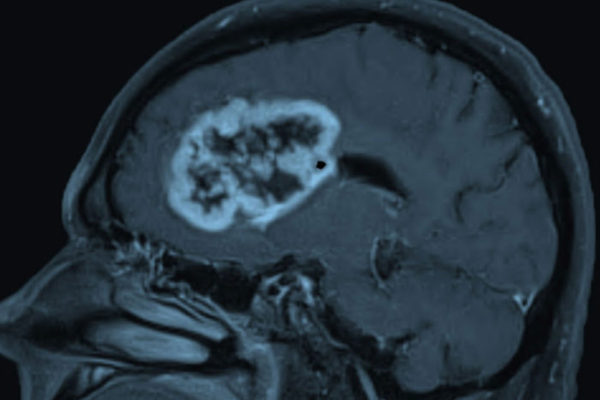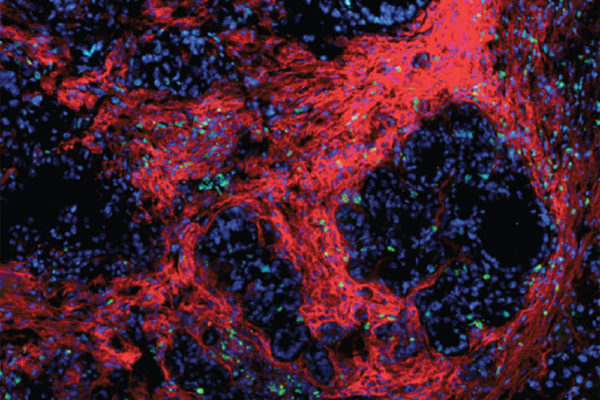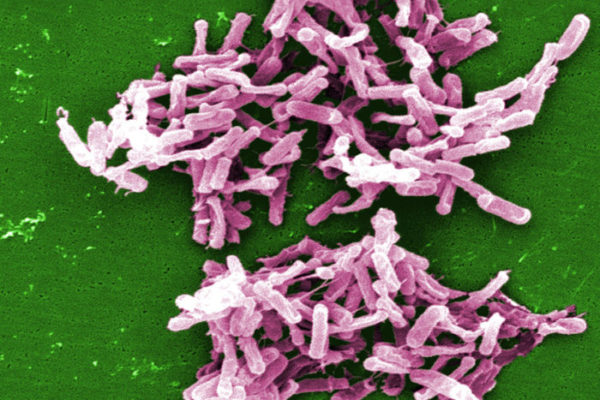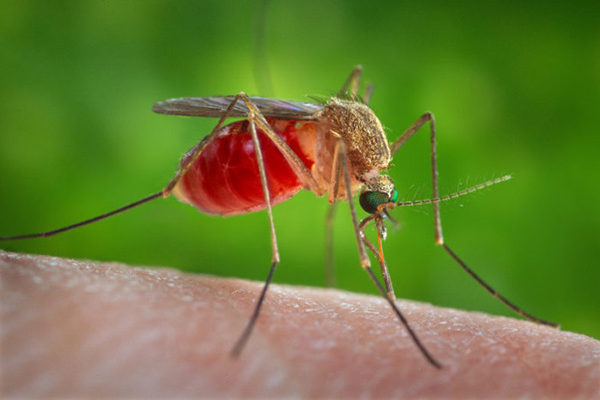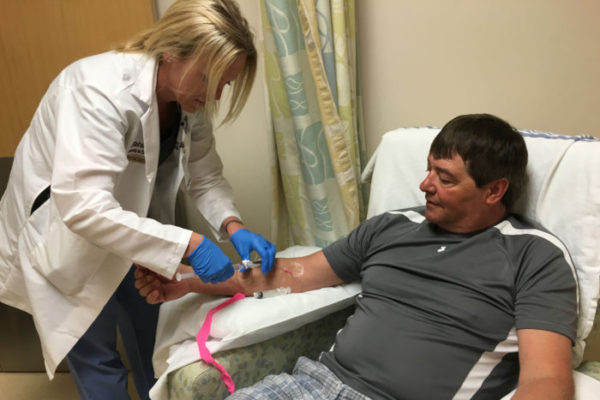Potential drug target identified for deadly brain cancer
New research from the School of Medicine provides clues to why some patients with glioblastoma fare worse and identifies a drug target that potentially could improve survival.
Immune-based therapy in mice shows promise against pancreatic cancer
A new School of Medicine study in mice has shown that immunotherapy against pancreatic cancer can be effective when given in conjunction with drugs that break up the fibrous tissue in these tumors.
Falls in months before surgery are common in adults of all ages
In a large study of 15,000 adults undergoing elective surgery, researchers at the School of Medicinefound that falling up to six months before an operation is common and often causes serious injuries — not only in elderly patients but across all age groups. Surprisingly, middle-aged patients fell slightly higher than those 65 or older.
Preventing superbugs, infections in health-care settings
Buoyed by a $5.1 million grant, researchers at Washington University School of Medicine in St. Louis will study novel strategies to reduce infections acquired in health-care settings and to limit the spread of dangerous antibiotic-resistant bacteria. The funding is part of $26 million awarded by the Centers for Disease Control and Prevention (CDC) to five academic medical centers as part of a patient-safety effort known as the Prevention Epicenters Program.
WashU Expert: SCOTUS decision in United States v. Texas ‘deeply regrettable’
By a 4-4 vote, a short-handed U.S. Supreme Court today let stand a lower court’s 2-1 decision to block President Barack Obama’s executive actions on immigration. The decision is “deeply regrettable,” said Stephen Legomsky, a noted expert on immigration law at Washington University in St. Louis.
Memory loss caused by West Nile virus explained
New research from the School of Medicine shows that long-term neurological problems in those with West Nile Virus may be due to the patient’s own immune system destroying parts of the neurons in the brain. It suggests that intervening in the immune response may help prevent brain damage so patients can recover.
The ups and downs of ‘The Beauty Bean’
Long before People StyleWatch named her “The DIY Beauty Queen,” Alexis Wolfer had the DIY mentality as she set out to create “The Beauty Bean,” an online women’s magazine that would change the way women talk about beauty, health and wellness.
Student startup GiftAMeal gaining national attention
The buzz continues about GiftAMeal, a startup incubated with the help of Washington University students. The venture had two wins at the RECESS Pitch Competition in Los Angeles: the Audience Choice Award and an award for best explanation video. The startup also locked in its first major corporate deal.
Lagieski looks to punch ticket to Rio
Michael Lagieski, a senior in the School of Engineering & Applied Science and a member of the Washington University swim team, will attempt to qualify for the U.S. Olympic Swim Team in the 100-meter breaststroke June 26 in Omaha, Neb.
$4 million grant expands major study to find Alzheimer’s prevention treatments
The School of Medicine has received a $4.3 million award from the Alzheimer’s Association to expand a major international clinical trial evaluating whether drugs can prevent Alzheimer’s disease in patients genetically predisposed to develop the devastating disease at a young age.
View More Stories
